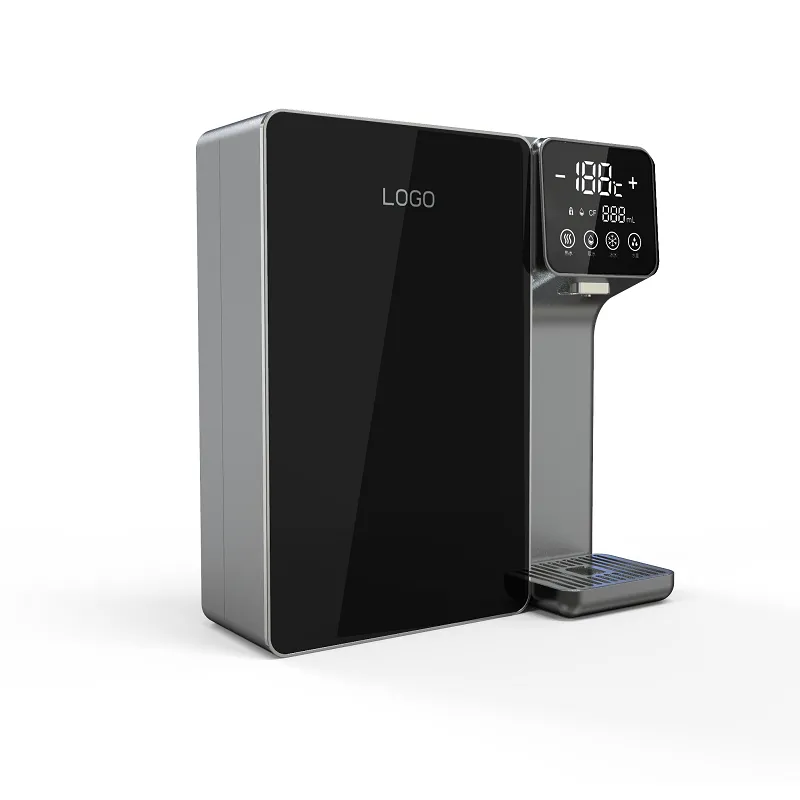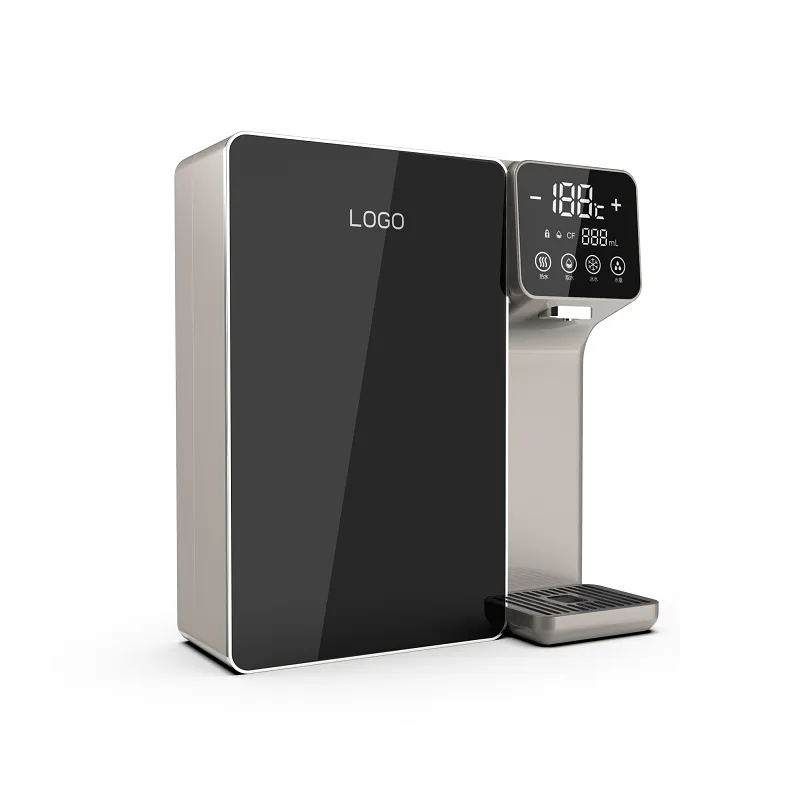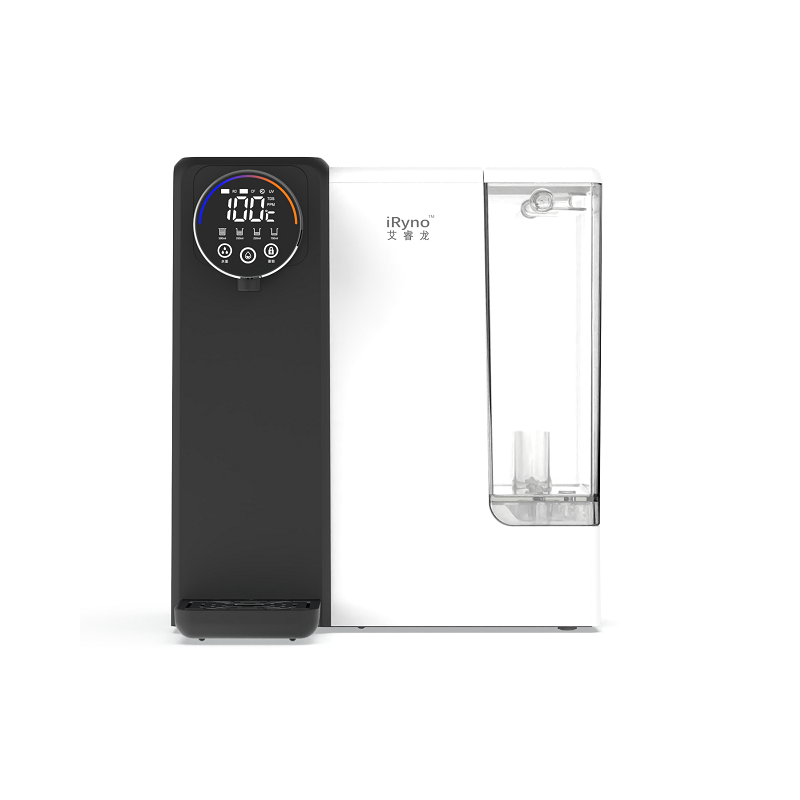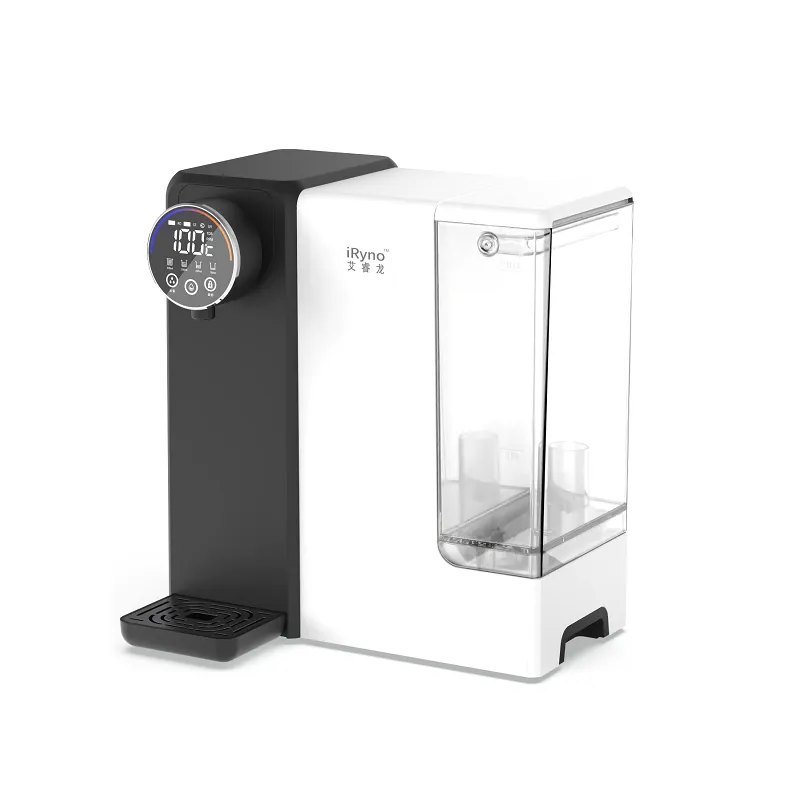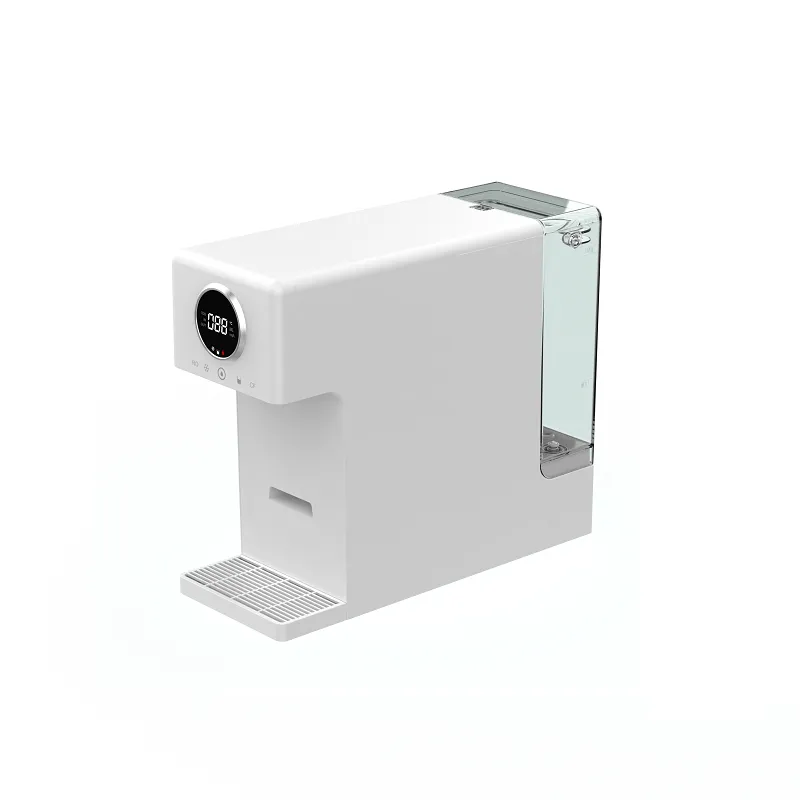Introduction
Water quality has always been a hot topic. Problems such as incomplete public tap water treatment and aging pipelines have made many people worry about the quality of tap water. Therefore, using china Drinking water filter is an effective way to ensure that the water you drink is safe and clean. Drinking water filters remove impurities and contaminants such as lead, chlorine, bacteria, and more from tap water. These contaminants can pose a health hazard to humans, so using a drinking water filter can help you avoid these hazards.
In addition, the drinking water filter can improve the taste and smell of tap water, remove the peculiar smell in tap water, and let you drink more delicious and fresh water. Using a drinking water filter is a more affordable option than spending a lot of money on bottled water. Additionally, drinking water filters can provide convenience and ease of use in the home, especially for those with limited mobility or those who live in areas with poor drinking water quality.
Benefits of Using Drinking Water Filters
- Improves taste and smell – china Drinking water filter can improve the taste and smell of tap water by removing impurities that affect the taste and smell of water.
- Removes Contaminants – Can remove pollutants that can be harmful to your health, such as lead, chlorine, and bacteria.
- Cost-effective compared to bottled water – A cost-effective alternative to bottled water, which can be expensive and contributes to plastic waste.
- Convenience and Accessibility – Having a drinking water filter at home offers convenience and accessibility, especially for those who have limited access to clean water.
- ENVIRONMENTAL BENEFITS – Using drinking water filters reduces the need for bottled water, which helps reduce plastic waste and energy consumption.

Improve taste and smell
Impurities in tap water can affect the taste and smell of the water. china Drinking water filter can improve the taste and smell of tap water by removing impurities such as chlorine, sulfur and sediment. This can make tap water more enjoyable to drink and reduce the need for expensive bottled water.
remove pollutants
Can remove pollutants that may be harmful to your health, such as lead, chlorine, and bacteria. Lead can cause developmental problems in children and has been linked to high blood pressure and kidney damage in adults. Chlorine can cause skin irritation and respiratory problems, while bacteria can cause illnesses such as diarrhea and nausea. Drinking water filters remove these contaminants, providing you with safe and clean water to drink.
Cost-effective compared to bottled water
Drinking water filters are a cost-effective alternative to bottled water. Bottled water can be expensive, especially if you drink a lot of water. Drinking water filters offer a less expensive option because the cost of the filter is spread over time. Additionally, the use of drinking water filters can reduce the need for single-use plastic bottles, which can contribute to plastic waste.
convenience and accessibility
Having a drinking water filter at home provides convenience and accessibility. You don’t need to worry about running out of water or going to the store to buy bottled water. This is especially important for people with limited mobility or those who live in areas with limited access to clean water.
environmental benefits
Using drinking water filters is good for the environment. Bottled water creates plastic waste that can take hundreds of years to decompose. In addition, the production and transportation of bottled water requires energy and water resources. Using drinking water filters can reduce the need for bottled water and help reduce plastic waste and energy consumption.
In conclusion
There are several benefits to using drinking water filters, including improved taste and odor, removal of contaminants, cost-effectiveness, convenience, accessibility, and environmental benefits. Consider investing in a drinking water filter to provide you and your family with safe and clean drinking water while reducing the environmental impact of bottled water.
Related Products


